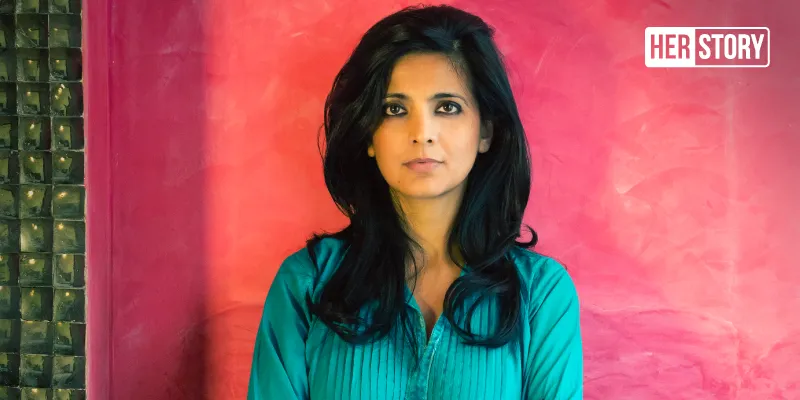
I think Greta has generated enough awareness on the issue of climate change, especially by engaging school kids. However, I think protests and campaigns around climate change, including that of Greta’s, ignore talking about credible solutions. There is no need to panic or be angry. We need to make an effort to first provide a highly visible platform for solutions to reverse climate change that have worked, and second, find consensus and mechanisms to scale those solutions as contextually appropriate. Some of the solutions that Miniya advocates through the Centre of Sustainability include recycling of waste, affordable housing, plastic-free campuses, among others. The Centre ensures sustainability is an important part of the curriculum, values, and everyday campus life. Centre for Sustainability The idea for the Centre for Sustainability came when Miniya was working as Chief Sustainability Officer at Jindal Steel and Power Ltd. Her conversations with Pramath Singh, Founding Provost of Anant National University set the idea into motion. “We wanted to immerse the future generation of designers, engineers, strategists, builders, and architects in an environment of learning where the emphasis is on research-driven solutions to solve societal and environmental challenges.” A research-based think-tank within the University was established. Miniya explains, “We are well placed to be the central hub in India for knowledge and implementation of all sustainable and affordable housing projects in the country and the region.” Miniya (third from the left) at the World Economic Forum They are also working on multiple reports, which also includes a paper on the potential of industrial symbiosis in India that is due to be published at the end of the year. Another report they published was the annual city series report on vacant houses in India that focused on the paradoxical situation of a sizeable population that has no access to decent housing. Being the change As an adviser and public speaker, advocating the cause of holistic as well as sustainable growth of Indian and global businesses in national economies, Miniya is pushing for change through Sustain Labs. Sustain Labs Paris is a sustainability incubator that transforms large organisations into social enterprises driving sustainability and change. “Sustain Labs Paris helps large organisations in becoming more sustainable. If I could transform a traditional company like JSPL into becoming a more socially and environmentally responsible one, then I thought I could build a team that could do that to three to four large organisations simultaneously. I founded Sustain Labs 10 years ago but have been running it for the past two years. It has grown steadily and is working with organisations in Morocco, Fiji, France, and India, with the aim of transforming them to be socially and environmentally responsible, and also profitable. We are not mere consultants, we are part of the large organisations we work with.” The Lab brings together leading sustainability academic experts from across the world to work on its projects. It is also supported by the French government’s wing for scientific and academic exchange in India. Making sustainability into a mass movement While Miniya is driving sustainability through the Centre and Sustain Labs and making it a mass movement will prove to be a challenge in the long run. In an over populated country like India where the masses are struggling for basic necessities, how can one think of sustainability, she asks. “For the hungry, shelter less, ambitious, or ignorant, climate change is a remote quandary that will affect only future generations and is not for urgent action. Many in India who have the bandwidth to think about the planet are often trapped in climate anxiety. Sustainability in our country must simultaneously address improving the conditions of the people as well as the planet,” says Miniya.
[“source=yourstory”]


